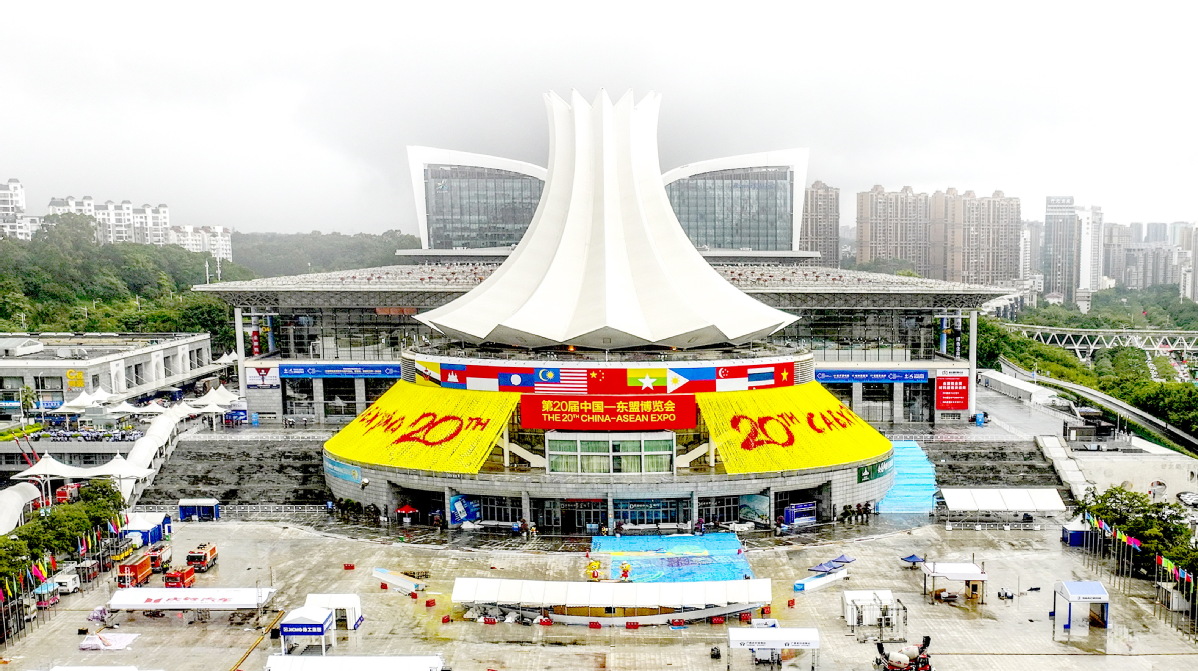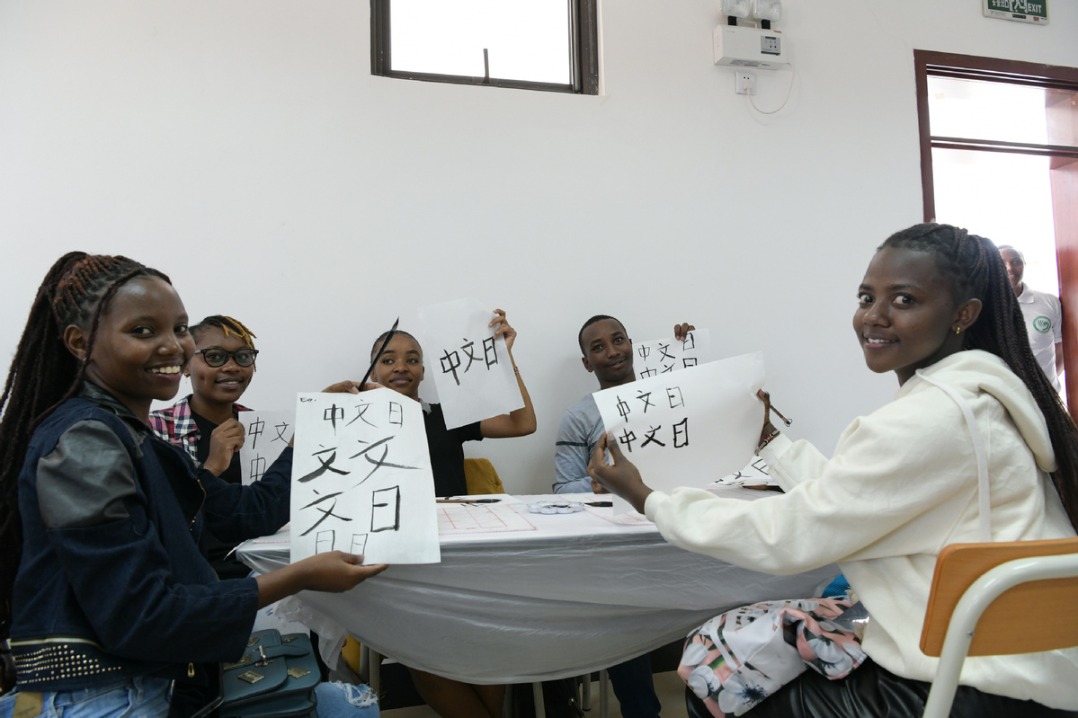China-ASEAN Expo sparks talk of trade boost
By Zhong Nan | China Daily | Updated: 2023-09-16 07:16

Biz leaders see BRI, RCEP as big positives for both region and rest of world
Fueled by substantial trade complementarity, entwined interests and vast economic cooperation potential, enriched economic and trade ties between China and the Association of Southeast Asian Nations will benefit not only the two sides but also the rest of the world in the long run, said analysts and business leaders ahead of the 20th China-ASEAN Expo.
The event will be held from Saturday to Tuesday in Nanning, capital of Guangxi Zhuang autonomous region.
Thanks to the development brought by the Belt and Road Initiative and the full implementation of the Regional Comprehensive Economic Partnership agreement, as well as various regional connectivity activities, the economic integration between China and ASEAN has made significant strides, marked by intensified collaboration within industrial and supply chains, said Huo Jianguo, vice-chairman of the Beijing-based China Society for World Trade Organization Studies.
Sharing similar views, Liu Qing, vice-president of the China Institute of International Studies in Beijing, said that given the softening demand for global goods, geoeconomic challenges and decline in cross-border investment, the RCEP, with its favorable policies like lower tariff rate and further opening-up in trade in services, will significantly enhance economic integration between China and ASEAN.
Trade cooperation between China and the 10-member ASEAN — Brunei, Cambodia, Indonesia, Laos, Malaysia, Myanmar, the Philippines, Singapore, Thailand and Vietnam — has developed steadily over the years. China has been the bloc's largest trade partner for 14 consecutive years to 2022, and both sides have remained each other's top trade partner for three years in a row to 2022, data from China's General Administration of Customs showed.
China's foreign trade with ASEAN countries grew by 1.6 percent year-on-year to 4.11 trillion yuan ($566.89 billion) in the first eight months of 2023, accounting for 15 percent of the country's total trade value.
Gao Zhiyong, vice-president of Jiangsu HSINTAI Chemical S&T Co Ltd, a Taizhou, Jiangsu province-based manufacturer of chemical materials, said the company's palm oil imports from Indonesia surged 30 percent year-on-year between January and August, driven by domestic market's strong demand from the catering, hospitality and tourism industries.
"Our products are primarily sold to producers of daily-use items such as shampoo, shower gel, conditioner and cosmetics," said Gao, noting that a large number of domestic palm oil processing companies have already expanded their production capacity this year, leading to a significant increase in the import of Indonesian palm oil.
Latest data show Taizhou's import value of Indonesian palm oil reached 200 million yuan in the first eight months of this year, soaring 261 percent year-on-year, according to local Customs.
Expressing optimism about China's fast-growing auto market, particularly its new energy vehicle or NEV sector, Petronas, the Malaysian State-owned energy group, said it plans to invest in China this year, focusing on the research of oil technology for NEVs.
"This research will be decentralized and in collaboration with local manufacturers to develop specific oil technologies," said Hezlinn Idris, managing director and group CEO of Petronas International Lubricants, a business unit of Petronas, adding that Shanghai and Weifang, Shandong province, are the locations that have been chosen for the project.
The accumulative two-way investment between China and ASEAN countries exceeded $380 billion by July this year, according to information released by China's Ministry of Foreign Affairs.
Addressing a news conference in Beijing in late August, Li Fei, vice-minister of commerce, said China will comprehensively expand its cooperation with ASEAN, jointly increase the trade scale, strengthen cross-border e-commerce cooperation, and continue to bolster investment cooperation in steel, petrochemical, textile and automotive sectors.
Eager to further boost the bilateral trade volume, China has been advancing negotiations for the 3.0 version of the China-ASEAN Free Trade Area agreement this year, with a focus on incorporating new growth points in the digital and green economies, according to information released by the country's Ministry of Commerce.






















